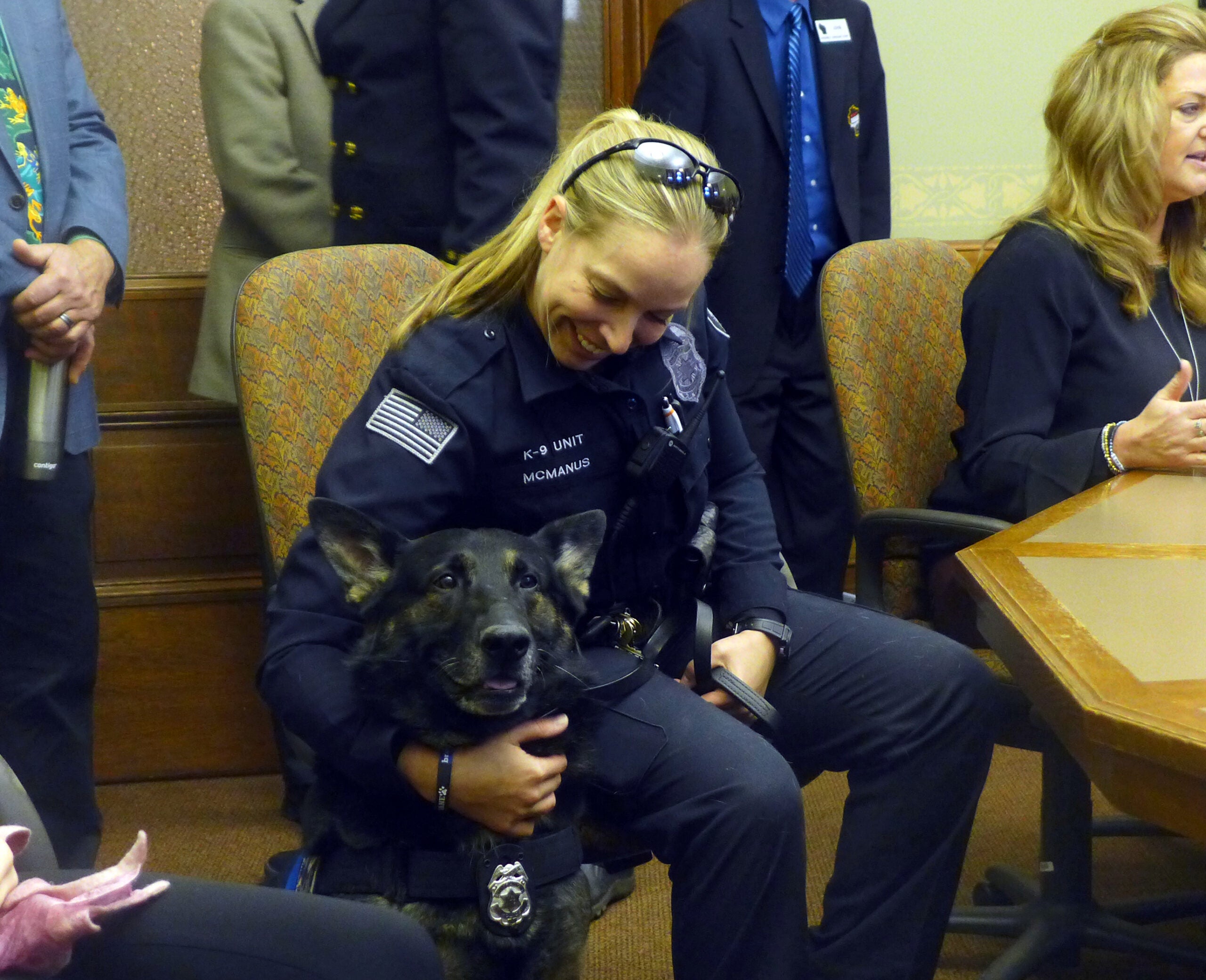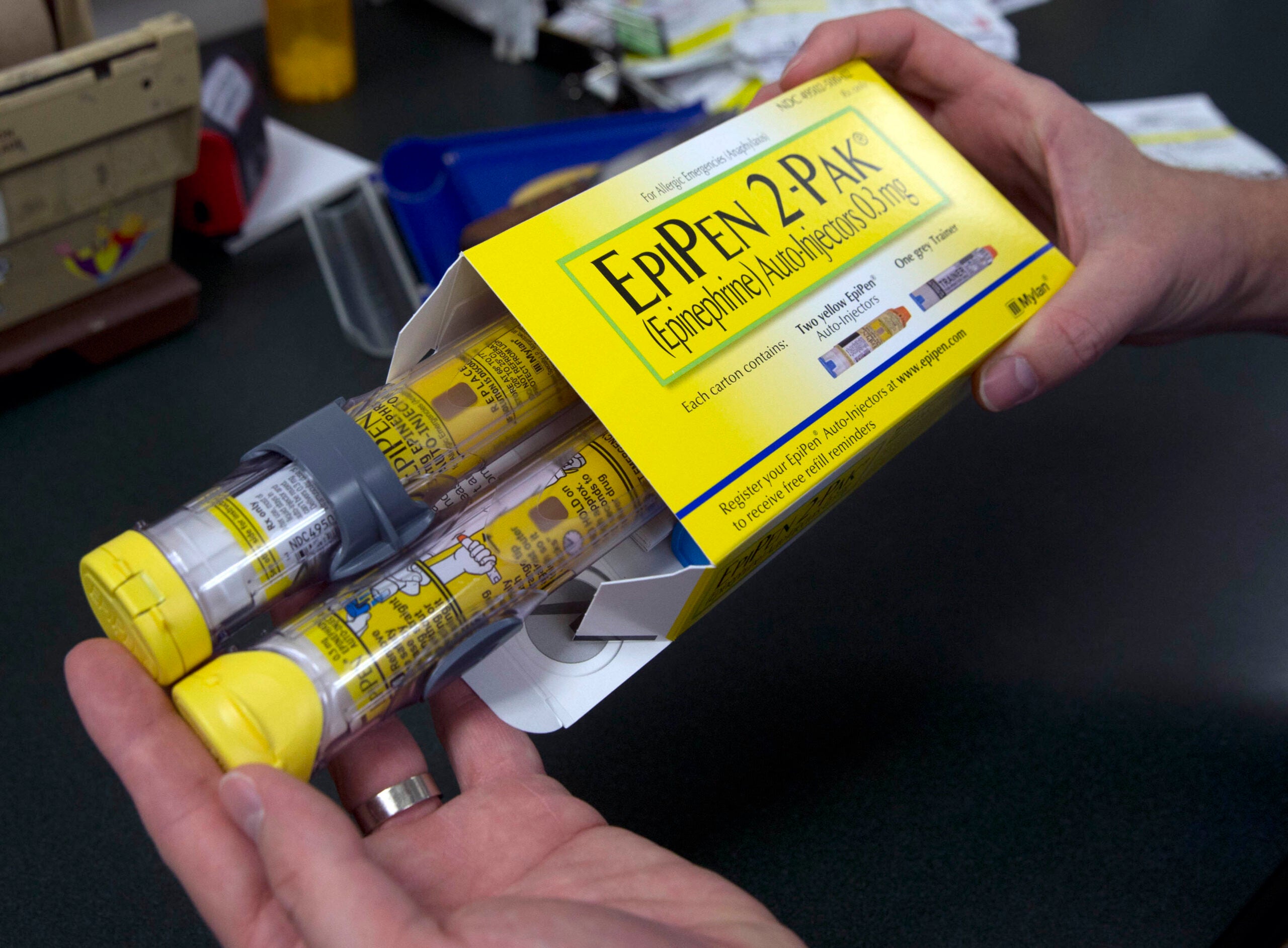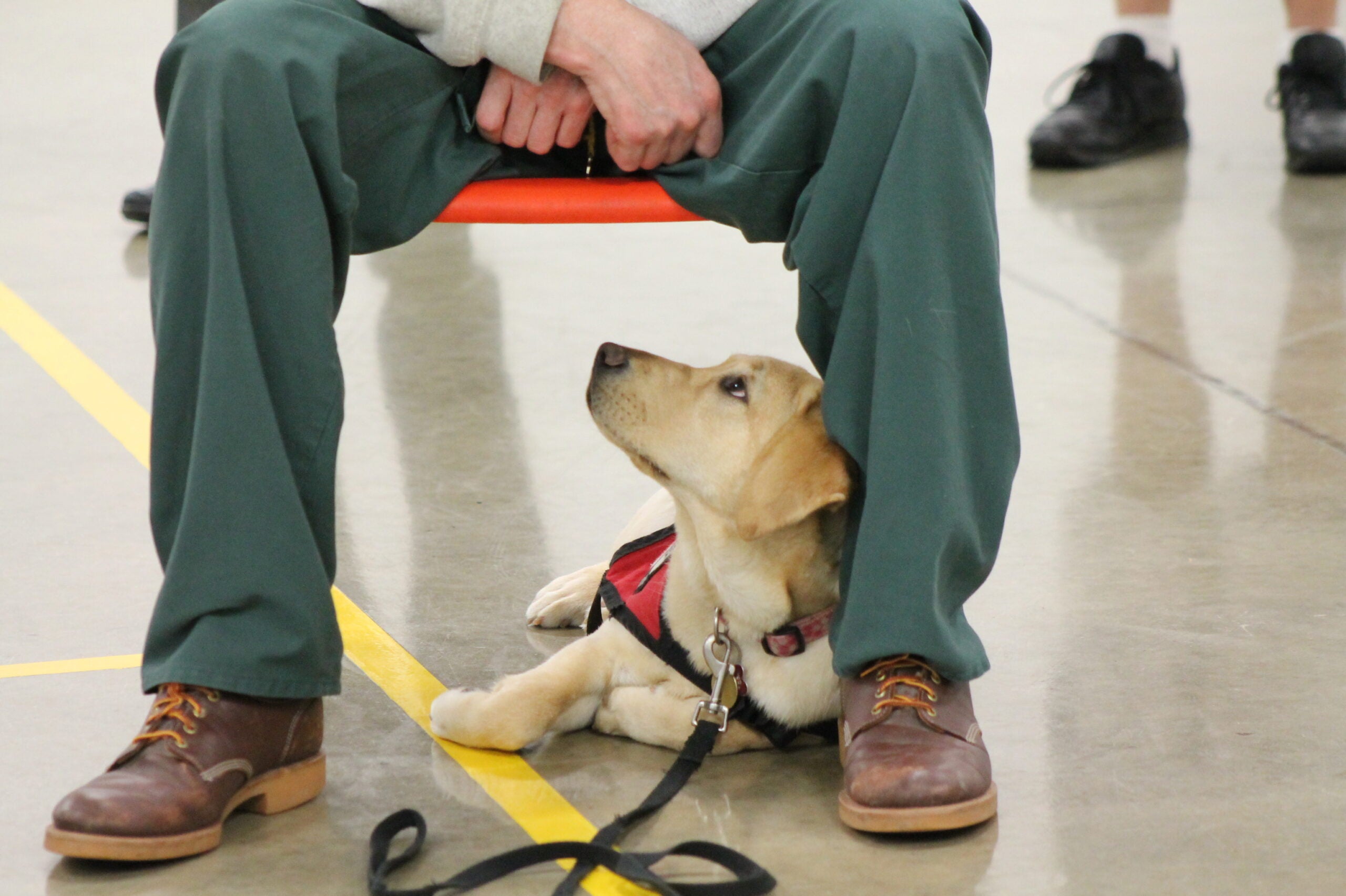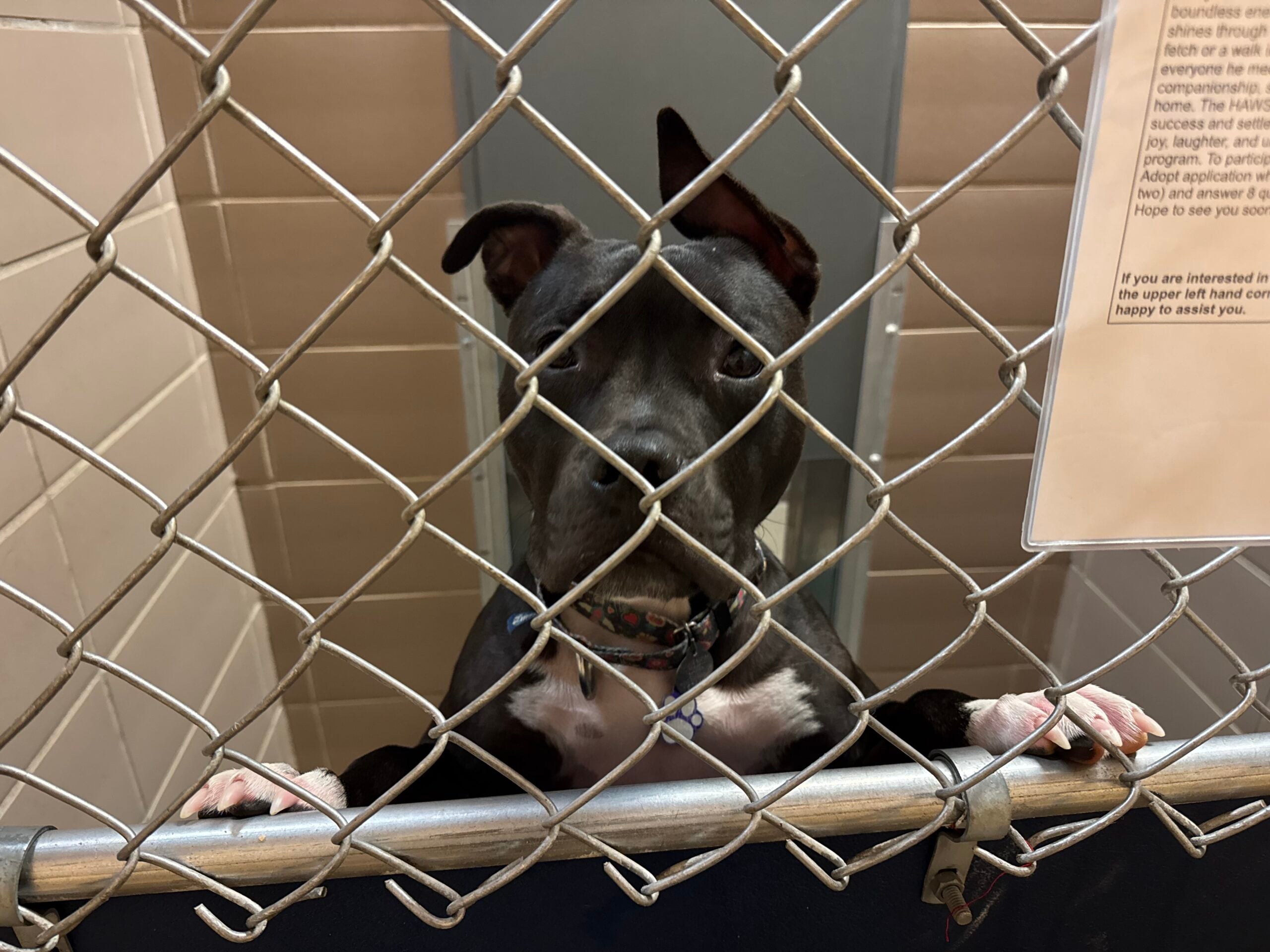Wisconsin is considering a Good Samaritan law that would provide legal immunity to emergency professionals who help animals when responding to a fire, overdose or other 911 calls.
Under the proposed legislation, first aid could be administered only to domesticated animals, like household pets, service dogs and police canines. The bill would not require EMT’s to help animals if they respond to a 911 call, it merely allows them to without being sued.
The Humane Society and veterinarians support the bill, Lisa Peters of the Animal Referral Center in Green Bay said at a recent hearing of the Assembly Health Committee.
News with a little more humanity
WPR’s “Wisconsin Today” newsletter keeps you connected to the state you love without feeling overwhelmed. No paywall. No agenda. No corporate filter.
“Seconds matter in the stabilization of these animals. So emergency stabilization tactics, whether its oxygen administration, hemorrhage control, bandaging techniques — these are very important prior to transport to a veterinary facility,” Peters said. “And first responders already have the equipment.”
Peters said the change in law is not designed to be what she called “a 911 service for animals.”
The Wisconsin EMS Association supports the bill, which provides immunity whether first responders choose to medically treat an animal or not.
Dana Sechler, chief of Baraboo District Ambulance Service, told lawmakers at the Wednesday hearing that people would be the priority over animals.
“Human life would take precedence over animal life. … But if you had enough personnel, or there was no injury or sickness to a human, then certainty that would be allowed,” said Sechler.
Two police K-9s were at the hearing with their handlers who said such dogs are often used in potentially dangerous situations: arresting combative suspects, searching buildings or homes for burglars and drug investigations.
Marquette County sheriff’s deputy Brian Noll carries naloxone in case his canine partner — a 4-year-old German Shepherd named Blackjack — inhales opioids during a drug investigation.
“And I think it only makes good sense that if we’re asking these dogs to be put into those very dangerous types of calls and situations — and they willingly do it because they love the work — it only makes sense that we have their back when it comes to ensuring they get the best care possible, as soon as possible,” Noll said.
Bob Wierenga, executive director of the Wisconsin County Police Association, said he’s aware of at least two deaths this year where canine handlers lost their dogs because they didn’t have the tools and/or the knowledge to help them.
The bill authors are Rep. Dave Considine, D-Baraboo, and Sen. Rob Cowles, R-Green Bay. Cowles called it a “feel good” bill, a reference usually used in derision, but not in this case.
“Why wouldn’t we want to save our pets if we could? So this is one of these simple bills that makes it clear paramedics can do that,” Cowles said.
Some emergency personnel are already helping animals they encounter at a disaster scene. David Bloom with the Wisconsin Fire Chief Association said they will provide basic care; for instance if an animal rescued from a fire is unconscious, they’ll give oxygen.
Wisconsin Public Radio, © Copyright 2026, Board of Regents of the University of Wisconsin System and Wisconsin Educational Communications Board.





